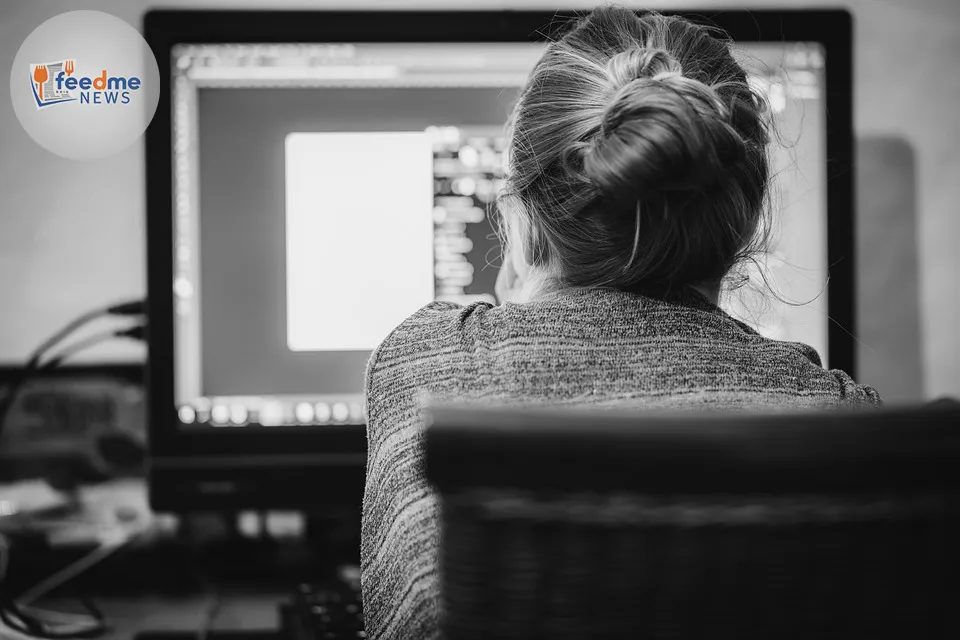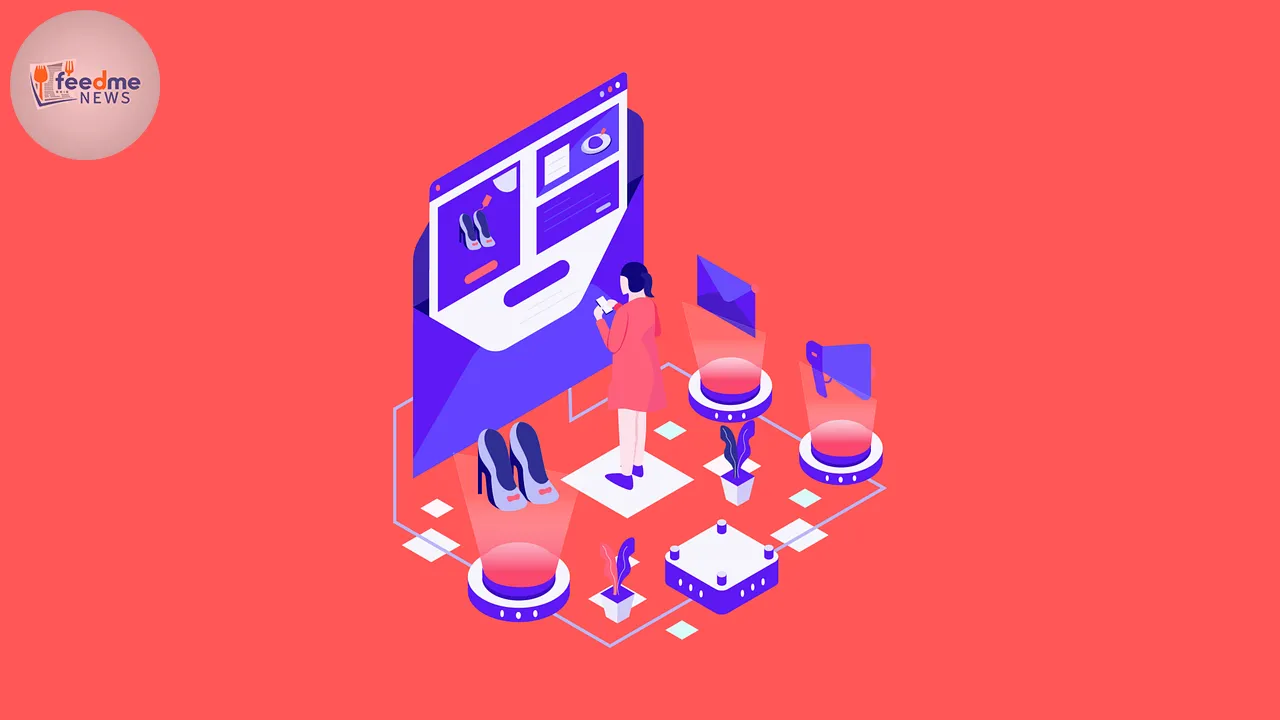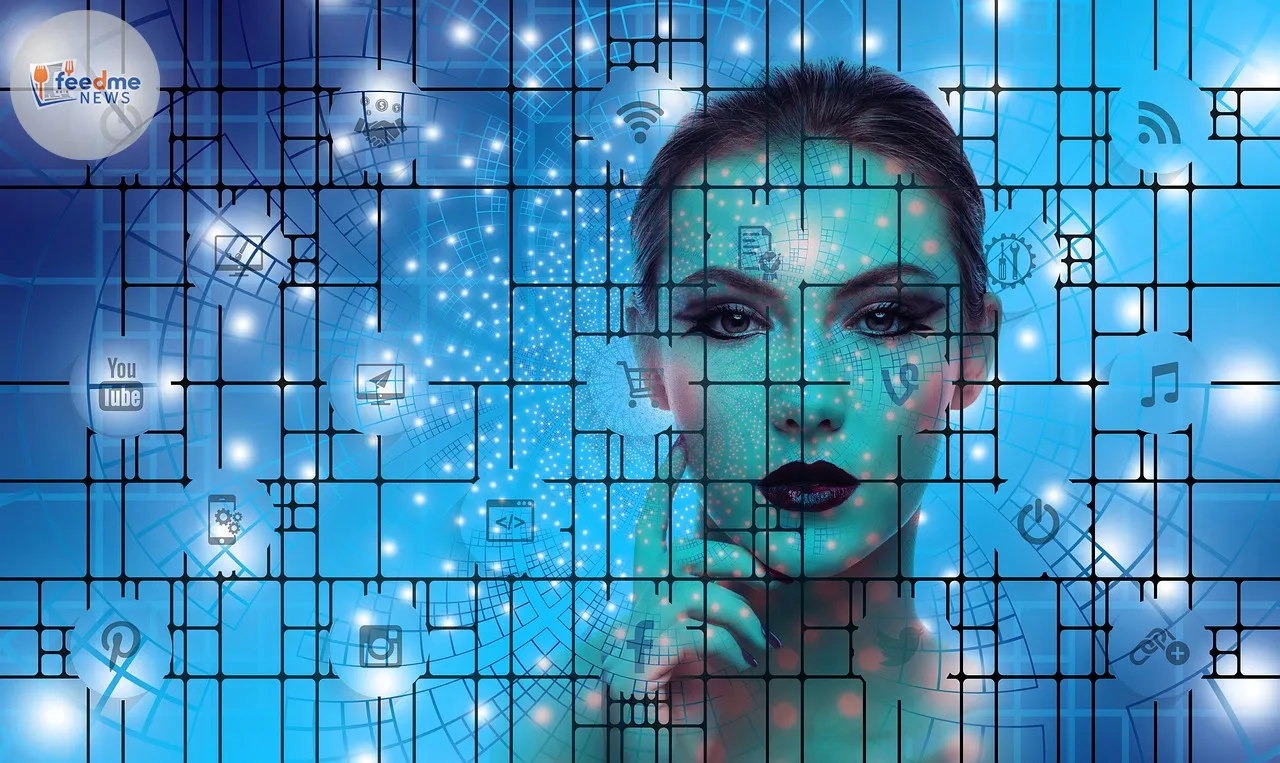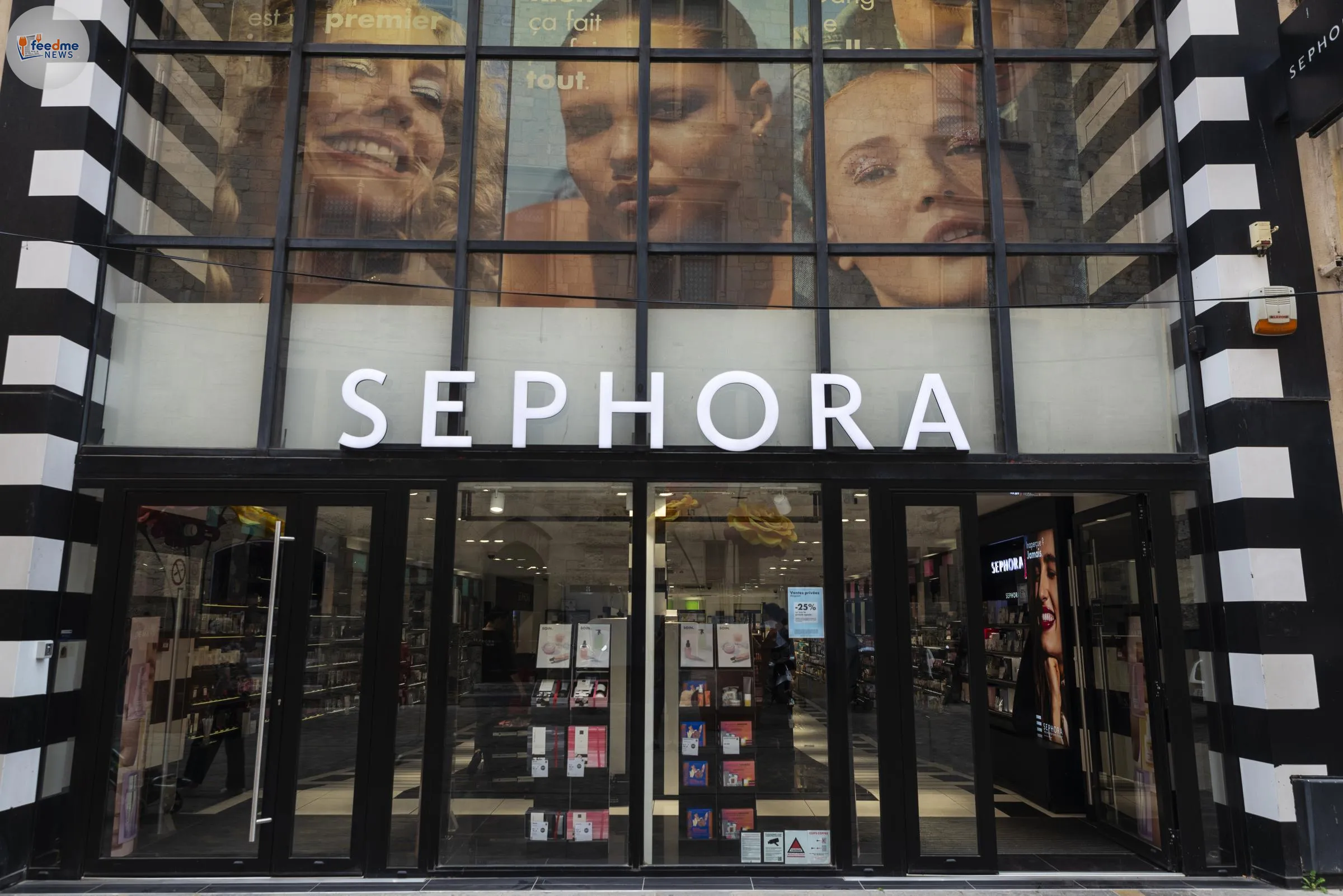In the rapidly evolving landscape of business and marketing, AI creative agencies are emerging as a transformative force. These agencies blend human creativity with the power of artificial intelligence to deliver innovative solutions at remarkable speed and scale. As businesses strive to stay competitive, the integration of AI into creative processes is becoming increasingly essential. This article explores the rise of AI creative agencies, their impact on the industry, and how businesses can leverage this technology to enhance their operations.
The Rise of AI Creative Agencies
AI creative agencies have gained significant traction in recent years, with many businesses recognising the potential of AI to revolutionise traditional marketing and branding strategies. By harnessing the capabilities of AI, these agencies can automate routine tasks, analyse vast amounts of data, and generate insights that inform creative decision-making. This allows human talent to focus on the strategic and conceptual aspects of projects, leading to more innovative and effective campaigns.
The growth of AI creative agencies can be attributed to advancements in machine learning and natural language processing. These technologies enable AI systems to understand and generate human-like content, making them valuable assets in the creative industry. According to a report by McKinsey, AI could potentially contribute up to $2.6 trillion in value to the marketing and sales sector by 2030.

How AI is Reshaping the Creative Process
AI’s integration into the creative process is not about replacing human creativity but enhancing it. AI tools can quickly analyse consumer behaviour, predict trends, and personalise marketing messages, ensuring that campaigns resonate with target audiences. This data-driven approach allows for more precise targeting and increased return on investment.
One example of AI in action is the use of chatbots for customer engagement. These AI-driven tools can handle inquiries, provide recommendations, and even assist in the purchasing process, offering a seamless customer experience. Furthermore, AI can automate content creation, from generating social media posts to designing personalised email campaigns, freeing up time for creative teams to focus on more complex tasks.
Real-World Applications and Success Stories
Several companies have already reaped the benefits of partnering with AI creative agencies. Coca-Cola, for instance, has used AI to analyse consumer sentiment and tailor its marketing strategies accordingly. By leveraging AI insights, the company has been able to create more engaging and relevant content for its audience.
Another success story is that of Sephora, a global beauty retailer that employs AI to enhance its customer service. Through AI-powered virtual assistants, Sephora provides personalised product recommendations and beauty advice, leading to increased customer satisfaction and sales.
These examples highlight the potential of AI creative agencies to drive innovation and growth across various industries. By combining AI technology with human expertise, businesses can optimise their marketing efforts and achieve better outcomes.
Building or Selecting an AI Creative Agency
For businesses considering the adoption of AI creative services, it is essential to understand the key components of a successful partnership. When selecting an AI creative agency, companies should evaluate the agency’s expertise in AI technology, its understanding of the specific industry, and its ability to integrate AI tools seamlessly into existing workflows.
Cost is another crucial factor. While AI creative agencies can deliver significant value, businesses must ensure that the investment aligns with their budget and expected returns. It is advisable to start with pilot projects to assess the agency’s capabilities and the impact of AI on business outcomes.
Alternatively, companies may choose to build their own AI creative capabilities in-house. This approach requires significant investment in technology and talent but offers greater control over the creative process. Businesses should weigh the pros and cons of each option and determine the best fit for their needs.
The Future of AI in Creative Industries
As AI technology continues to advance, its role in the creative industries is set to expand. Future developments may include more sophisticated AI tools capable of generating complex creative content and deeper integration of AI into strategic decision-making processes. The potential for AI to drive innovation and efficiency in the creative sector is immense, and businesses that embrace this technology are likely to gain a competitive edge.
In conclusion, AI creative agencies represent a significant shift in how businesses approach marketing and branding. By leveraging the power of AI, these agencies can deliver personalised and impactful campaigns that resonate with audiences. As the technology evolves, businesses must stay informed and adapt to the changing landscape to remain relevant and successful in an increasingly digital world.






